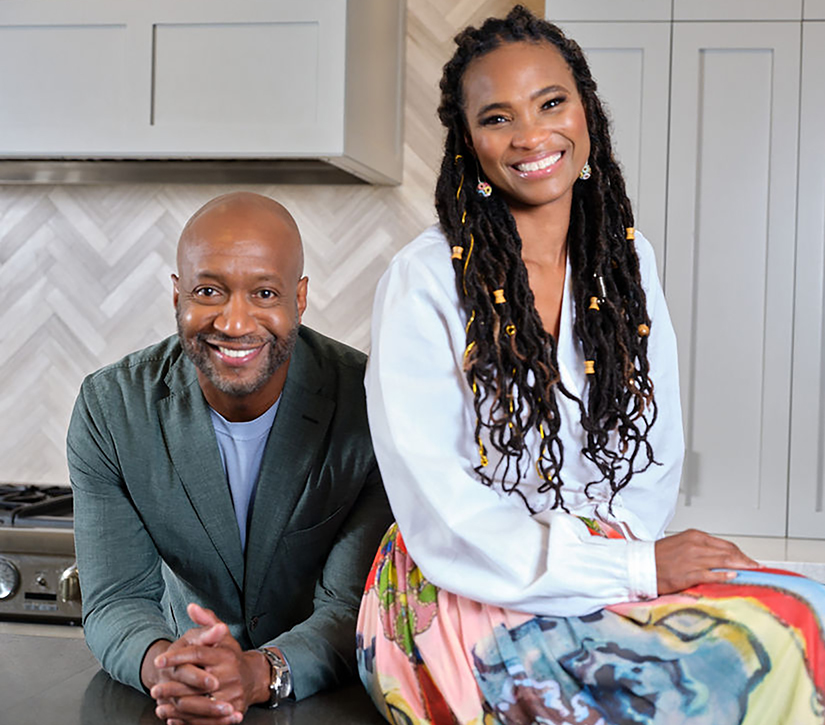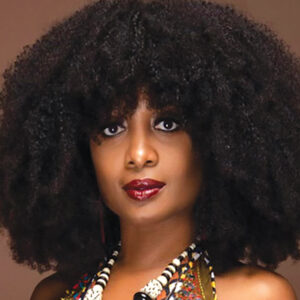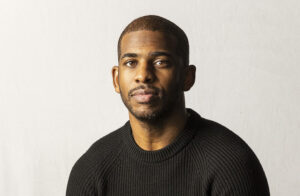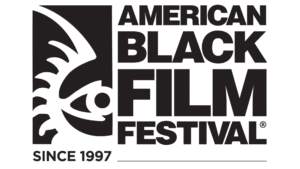What are you most looking forward to with this year’s American Black Film Festival?
I’m most looking forward to the energy of discovery—that powerful moment when an audience connects with a new voice or an untold story for the first time. Every year, ABFF reminds the industry just how much untapped talent exists within our community. Whether it’s a breakout filmmaker, a first-time actor, or an experimental short that challenges convention, those are the moments that truly fuel our mission.
I’m also especially excited to welcome my very good friends Nia Long and Larenz Tate as this year’s festival ambassadors. Closing the festival with the Remembering Love Jones event in their honor is not just nostalgic—it’s a celebration of Black cinematic love stories and the enduring cultural impact of that film.
How has your vision for ABFF evolved over the years, especially considering the changing film distribution landscape?
When we launched ABFF in 1997, there were very few platforms dedicated to showcasing Black creatives. The festival began as a space to amplify underrepresented voices in film and television, at a time when access to industry gatekeepers was limited. Over the years, the distribution landscape has dramatically shifted with the rise of streaming, social media, and global digital platforms. While these changes have created more pathways for content to reach audiences, they’ve also intensified competition and fragmented viewership.
Our vision for ABFF has evolved accordingly—from a single annual event into a multifaceted, year-round ecosystem for Black storytellers. ABFF is no longer just a festival; it’s a global brand that champions Black creativity across borders and formats. We’ve expanded our footprint through initiatives like ABFF London, bringing the festival experience to international audiences, and ABFF PLAY, our digital streaming platform that provides a 24/7 outlet for showcasing emerging and established talent beyond the festival window.
We’ve also developed a national tour, bringing ABFF programming directly to cities across the U.S., making our content more accessible to diverse communities. In addition, we’ve introduced specialized experiences like B.O.B. Talks, spotlighting Black entrepreneurs and brand builders, and Because They’re Funny, a comedy festival dedicated to elevating rising Black comedic voices. These expansions are all part of our larger mission—to build a sustainable pipeline for discovery, distribution, and cultural recognition of Black creatives around the world.
Our role has grown from curator to connector—linking talent with audiences, buyers, and brands—and helping ensure that our stories not only get told, but get seen, funded, and celebrated.
How do you balance supporting emerging talent with celebrating established Black creatives?
We give equal weight to both. ABFF was founded as a platform to discover the next generation of Black talent while honoring the trailblazers who opened the doors. Every aspect of our programming is intentionally designed to reflect that dual mission.
Our talent discovery initiatives, such as the long-running HBO Short Film Award and Walmart’s Black & Unlimited Father’s Day Showcase, serve as launching pads for new voices in film and storytelling. At the same time, events like the ABFF Honors Gala celebrate the accomplishments of iconic creatives who’ve reshaped the industry and paved the way for others.
It’s all about building a cultural continuum—where emerging artists are empowered by the legacy of those before them, and established creators are celebrated not only for their impact, but for the inspiration they provide to the next wave. ABFF is where discovery and legacy live side by side
Can you share a particular success story of an ABFF alum that went on to achieve great things?
Absolutely. Ryan Coogler is a great example. His short film “Fig” premiered at ABFF in 2011. Fast forward a few years, and he’s directing “Black Panther” and helping redefine what’s possible in Hollywood with his current film “Sinners”. Issa Rae is another. Her first web series “The Misadventures of Awkward Black Girl” debuted at ABFF before HBO came calling. There are many like them—proof that when we invest in our own, the sky’s the limit.
If you could greenlight any project tomorrow, what kind of story would you want to see told?
I’d greenlight a sweeping, multi-generational epic about a Black family—something rich with history, culture, and identity. A story that travels through time, showing how love, ambition, and struggle are passed down and reshaped. We’ve had biopics and comedies and thrillers, but I want to see our version of “The Godfather” or “Roots” told with a modern lens and a global reach.
As we near the 30th anniversary of ABFF, what are your hopes for the future of ABFF in the next 5-10 years?
I hope ABFF continues to be a beacon for storytellers of color around the world. Over the next decade, I want us to expand our global footprint, deepen our impact through education and mentorship, and continue innovating in how we support creators—whether through digital platforms like ABFF PLAY, international partnerships, or new funding models. Most of all, I hope ABFF remains a symbol of what’s possible when we create space for our own stories to thrive.






